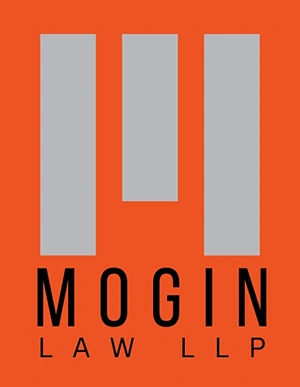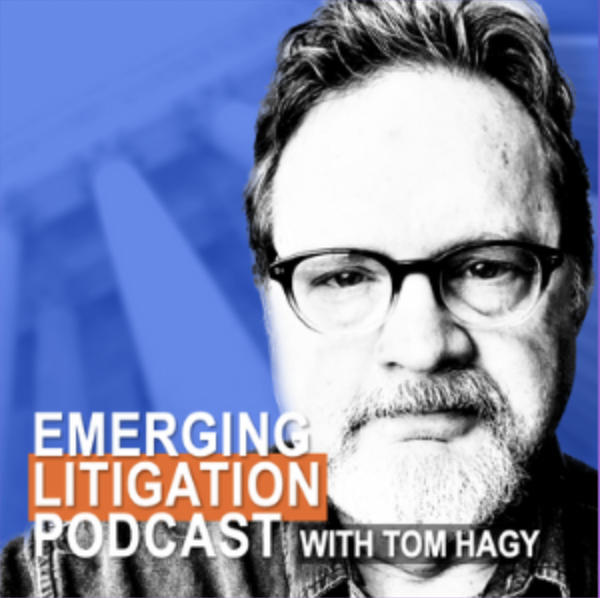Artificial Intelligence Litigation Roundup
Algorithmic Pricing and Copyright Violations Dominate First Wave of A.I. Fights
The rapid evolution of artificial intelligence (AI) is generating a surge of legal challenges, particularly in the realms of antitrust and copyright law. Below is an abstract of an article appearing on the Mogin Law LLP website, edited by Tom Hagy. Read the complete article for a snapshot of the first wave of AI-related litigation. In addition to his roles at Critical Legal Content and HB Litigation, Hagy is editor-in-chief of the Mogin Law Blog and Competition Law News.
Antitrust: Algorithms and Collusion in Focus
AI-driven pricing tools are at the center of groundbreaking antitrust lawsuits. Notable among these are multifamily rental housing actions against RealPage, Inc. and Yardi Systems, Inc. Plaintiffs allege that these companies, through their revenue management software, facilitated horizontal price-fixing conspiracies by enabling competitors to delegate pricing decisions to algorithmic systems that aggregate sensitive commercial data. The RealPage case, centralized in the Middle District of Tennessee, and the Yardi litigation, pending in Washington's Western District, spotlight the increasing scrutiny over algorithmic pricing's role in potential market collusion. Plaintiffs argue that such practices have driven up rental rates nationwide, seeking treble damages and injunctive relief under the Sherman Act.
Other significant antitrust actions include a health care providers' suit against MultiPlan, Inc. and several insurers. Here, plaintiffs claim that MultiPlan's pricing platform suppressed out-of-network reimbursement rates through a "hub-and-spokes" horizontal agreement, surviving motions to dismiss and setting the stage for further litigation. In the hospitality sector, cases against Cendyn and casino hotels in Las Vegas and Atlantic City allege algorithmic price-fixing via shared software, but district courts have dismissed complaints due to insufficient evidence of collusion and lack of shared proprietary data. Appeals are pending, and the DOJ's intervention underscores the high stakes as courts consider the implications of algorithm-driven market conduct.
Additionally, the construction equipment rental market faces its own proposed class action, with Dwight Roberts Construction Company accusing major rental firms and Rouse Services LLC of coordinated price fixing using sensitive data and enforced pricing strategies—a case with the potential to reshape industry practices.
Copyright: The Battle Over AI Training Data
Copyright litigation is equally dynamic, with publishers, artists, software developers, and authors challenging the unlicensed use of their works for AI training. Lawsuits against companies like Cohere Inc., Stability AI, Google, GitHub, Microsoft, OpenAI, and Meta span allegations from direct copyright infringement to unfair competition and DMCA violations. Plaintiffs assert that their written works, images, code, and proprietary content were used without authorization to develop AI models that generate outputs competing with the original works, threatening revenue streams and rights of creators.
Defendants frequently invoke fair use, public availability of data, and the transformative nature of AI-generated outputs as defenses. The outcomes of these cases—some at the summary judgment or trial phase, others under renewed motions to dismiss—will likely set industry-shaping precedents regarding the scope of copyright protection, the enforceability of open-source licenses, and acceptable practices for training AI language models.
Conclusion
 AI's integration into core business practices has accelerated legal conflicts with broad implications for competition, creativity, and consumer protection. Attorneys should monitor the ongoing developments in these landmark cases for guidance on compliance and risk management. Read the complete article on the Mogin Law LLP website. Also, read Big Tech's Decade of Artificial Intelligence Shopping, also on the Mogin Law site.
AI's integration into core business practices has accelerated legal conflicts with broad implications for competition, creativity, and consumer protection. Attorneys should monitor the ongoing developments in these landmark cases for guidance on compliance and risk management. Read the complete article on the Mogin Law LLP website. Also, read Big Tech's Decade of Artificial Intelligence Shopping, also on the Mogin Law site.


